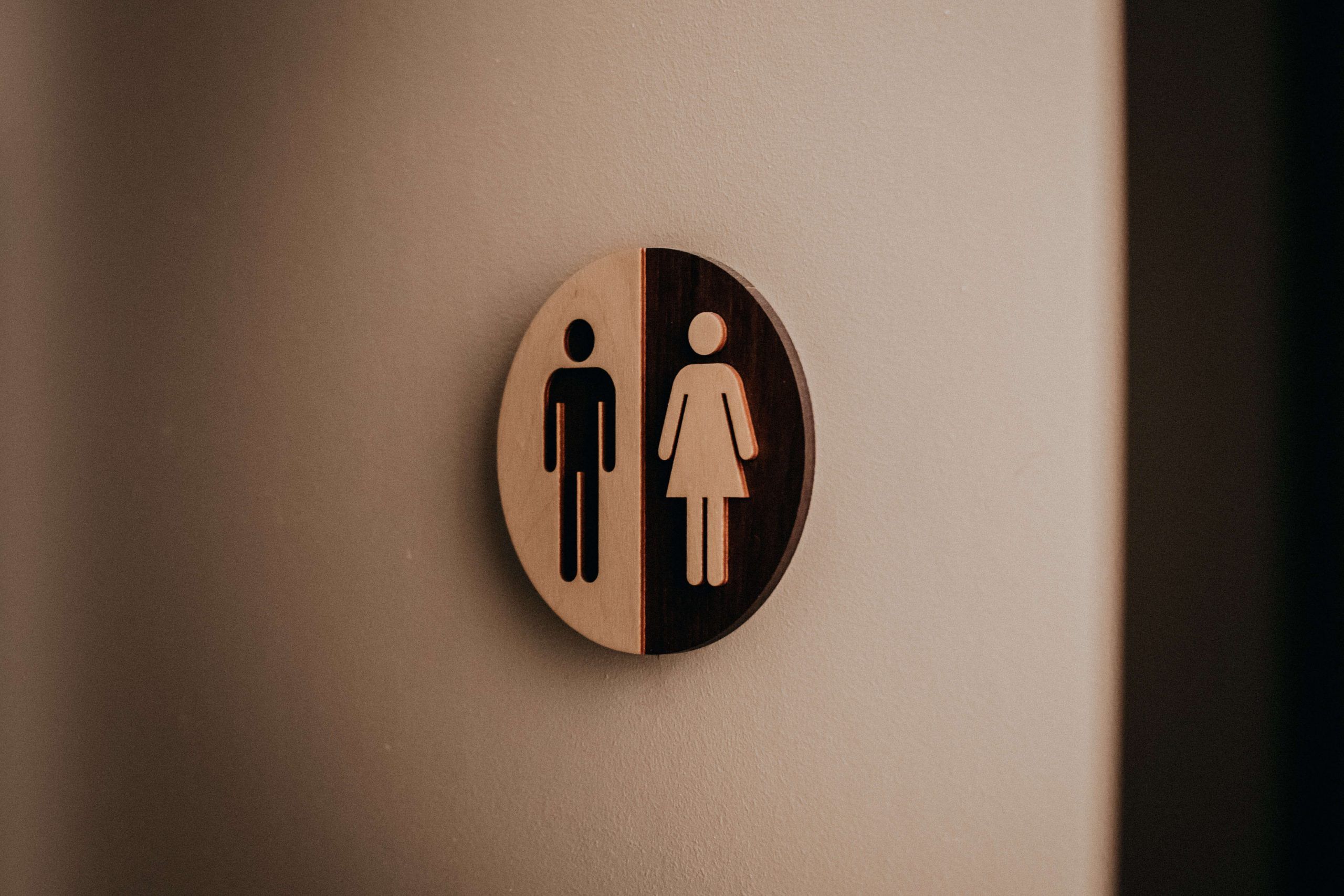Local Leadership is Key to Gender Equity
Every day, thousands of teachers, social innovators, school leaders, and policymakers in the Teach For All network observe first-hand the particular challenges facing girls. As UNESCO’s recently released 2019 Gender Review of the Global Education Monitoring (GEM) Report makes clear, despite some progress, much work remains to ensure that girls and women receive the education and access to health, safety, and employment they deserve.
Access rightfully takes up a lot of space in the report and in girls’ education overall. Girls are disproportionately affected when beliefs about the role of girls and women in society lead to early marriage or unintended pregnancies; it is the girl who will be barred from school or who will potentially never enter the job market as a result of becoming a parent. Losing access to education and job readiness as an adolescent sets women up for a lifetime of dependence on men and vulnerability to poverty.
But equity remains a concern in wealthy and less-wealthy countries. In terms of providing role models for girls and boys around gender parity, primary school classrooms are predominantly led by women (94% of teachers), but that number is cut in half by secondary school. In high-income countries, men are often the ones leading schools despite their classrooms being fueled by the energy of women.
While much of this work must be done at the policy level — particularly around limitations on comprehensive sexuality education, policies that restrict pregnant girls and mothers’ access to school, and curricular and textbook reform — we also know that dedicated local action often leads to immediate and long-term impact for girls and women.
An example I think of often is that of Udeshya, an initiative started by Teach For Nepal alumni to introduce girls to Science, Technology, Engineering, and Math (STEM) concepts and support them to problem-solve challenges they observed in their communities. After only a week of the latest round of their boot camp program, the girls were able to submit designs and prototypes as impressive as hydraulic bridges and safety systems.
Udeshya’s example is so powerful because it highlights what happens when girls come up with their own solutions to the issues where they have the most at stake. Communities are being hit hard by challenges related to our increasingly uncertain world, including employment instability, climate change, unaffordable housing, etc. Since girls and women often bear the brunt of these challenges, it matters that they are equipped to be the engineers, teachers, and tech leaders who design solutions and platforms that solve them. In fact, STEM education is an area where beliefs about women are particularly harmful to girls’ ability to shape their own futures. Not only does being excluded from well-paying STEM jobs impact girls’ and women’s potential for financial security, but it also robs society of their ingenuity in the face of increasingly complex challenges.
When the people who are most impacted are enlisted and supported to design the solutions, everyone benefits. The question now is, how do we ensure that girls continuously receive the resources and support they need to design a better future for themselves and all of us?
The women behind Udeshya took part in Teach For All’s Global Girls’ Education Fellowship, where local education practitioners from nearly a dozen countries came together to learn best practices in girls’ education. Many fellows, including the boot camp team, launched projects that had an immediate impact on girls in their communities, potentially catalyzing lifelong changes for the girls who participated.
Because of their example and those of many others, we are launching a third Global Girls’ Education Fellowship to train members of our network on how to become advocates for girls, strengthen their role as practitioners, and work with girls (and boys) to increase their leadership and socioemotional development in ways that promote lifelong gender equity. Fellows will learn what approaches work and how they can adapt global and regional lessons to their local contexts. Importantly, they will explore issues of access and equity, looking deeply at the roots of gender inequity in education and beyond.
We owe it to girls to invest in their leadership, as well as the leadership of those who teach and support them. We invite members of the Teach For All network to consider joining the next cycle of our Girls’ Education Fellowship, which starts in September 2019. The application and more information can be found here.
Samantha Williams is the Global Director for Girls’ Education at Teach For All. Previously, she worked as Chief of Staff to the CEO, and before that spent five years in Johannesburg leading Teach For All’s external relations, growth strategy, and network partner support in Africa. Prior to joining Teach For All, Samantha focused on education in South Africa through roles at the Oprah Winfrey Leadership Academy for Girls and Harvard University.
